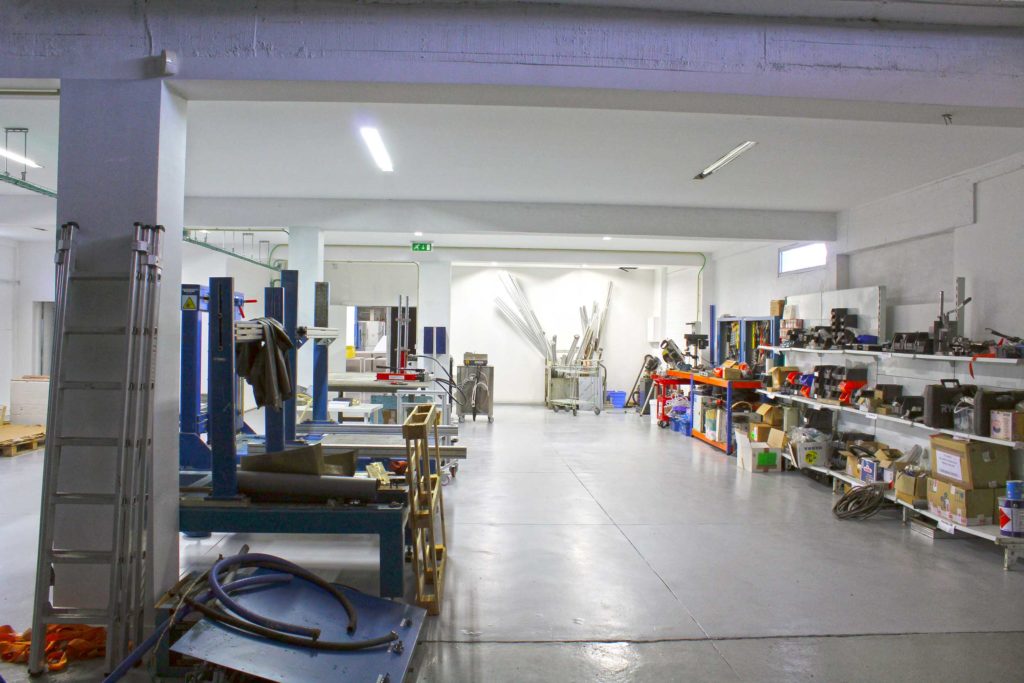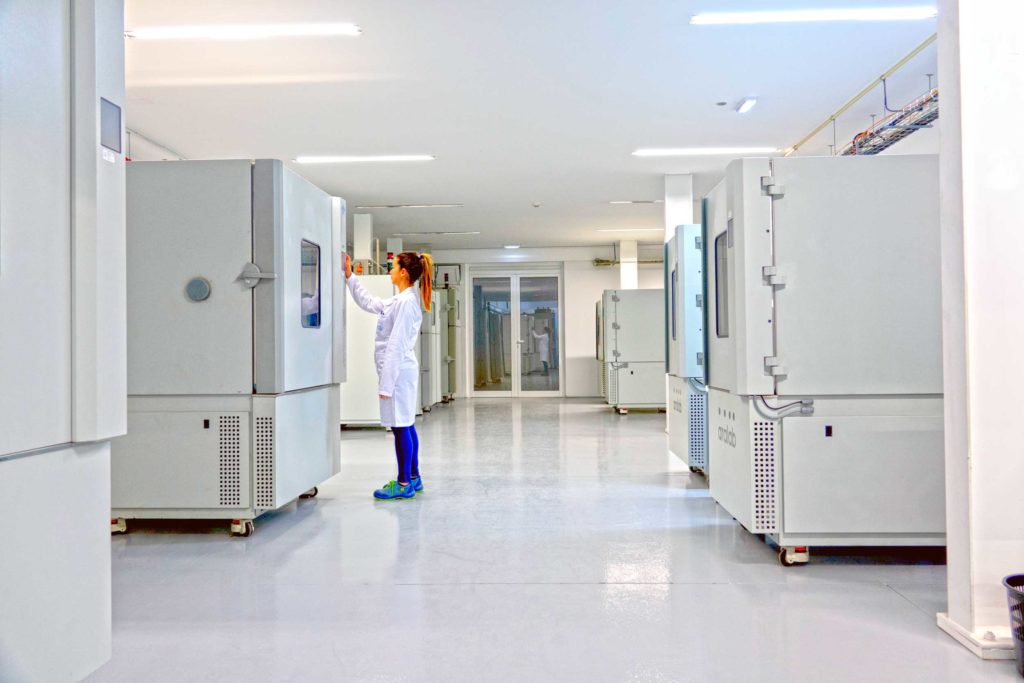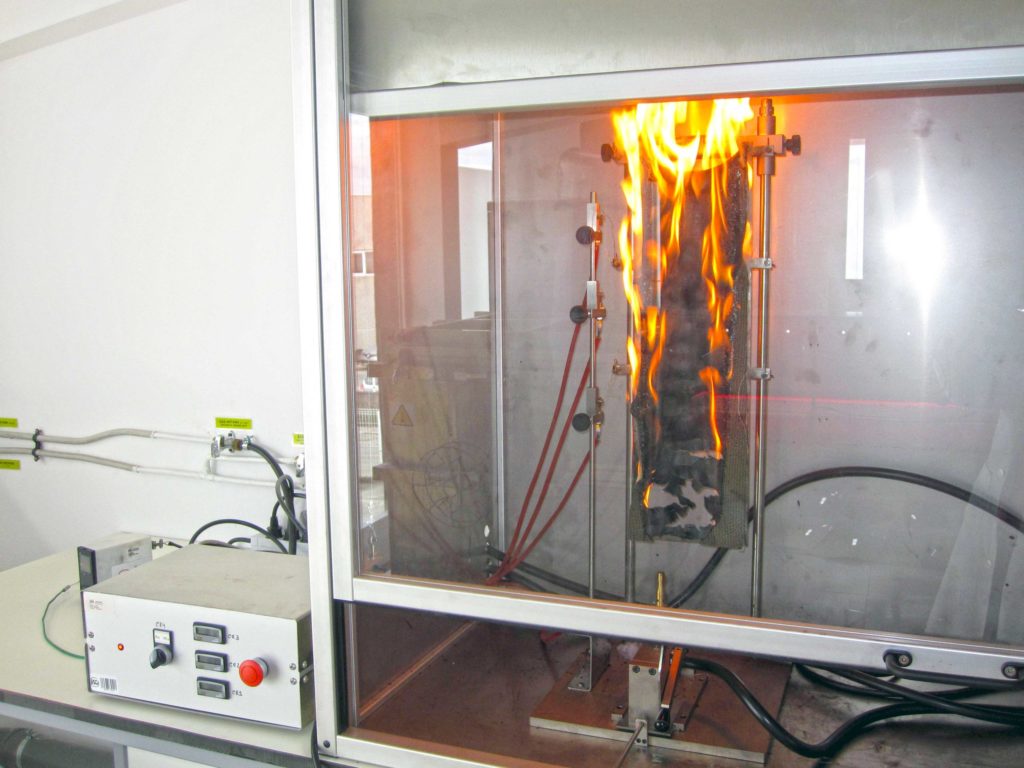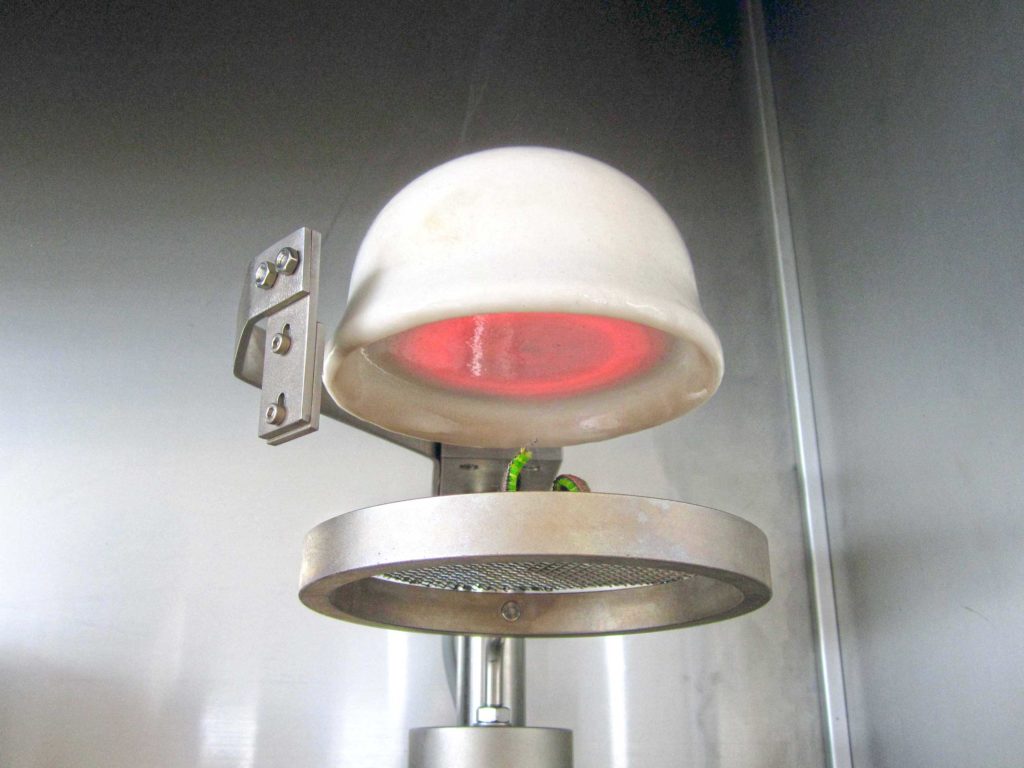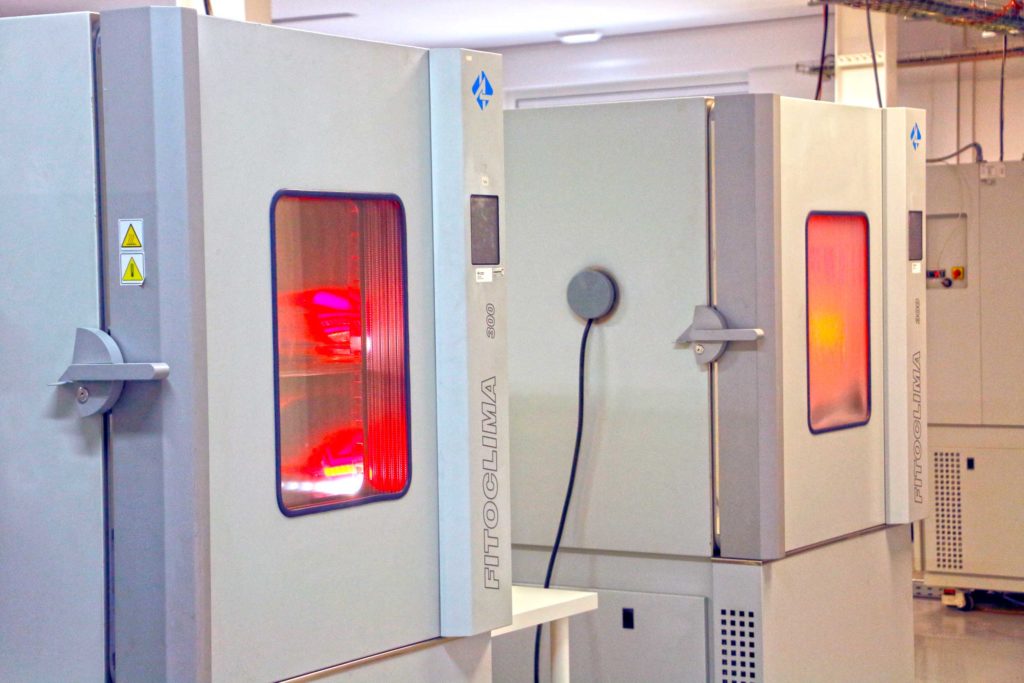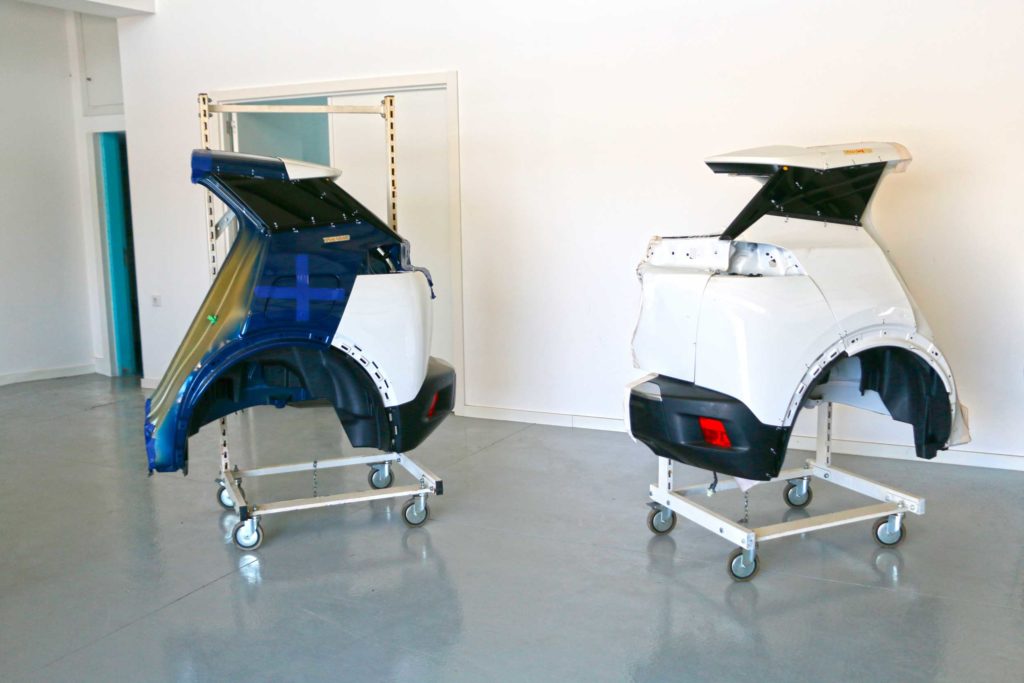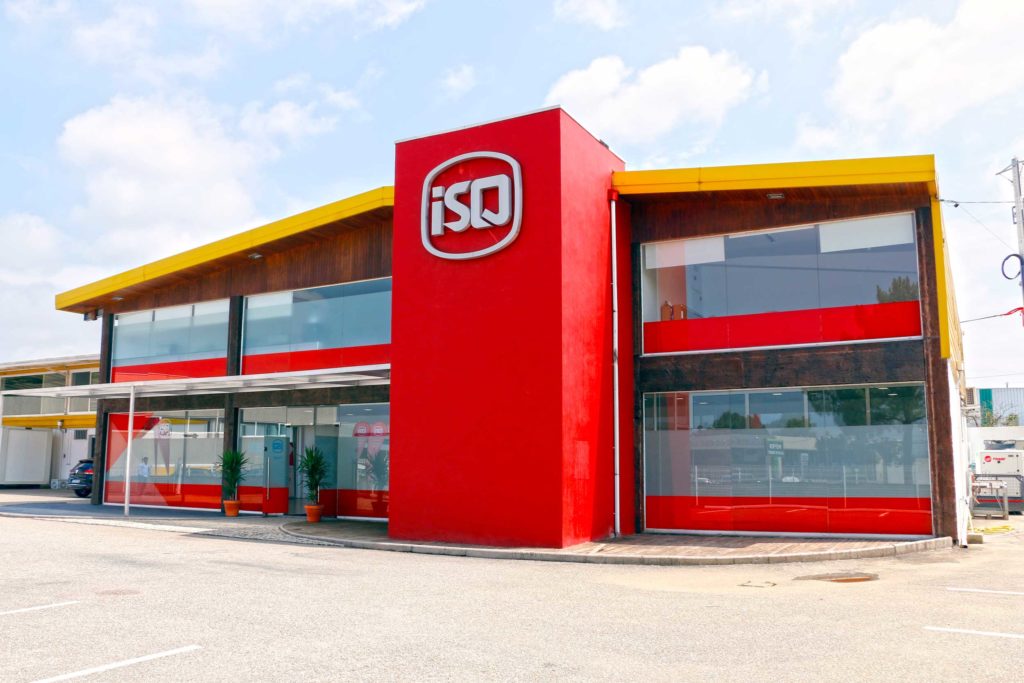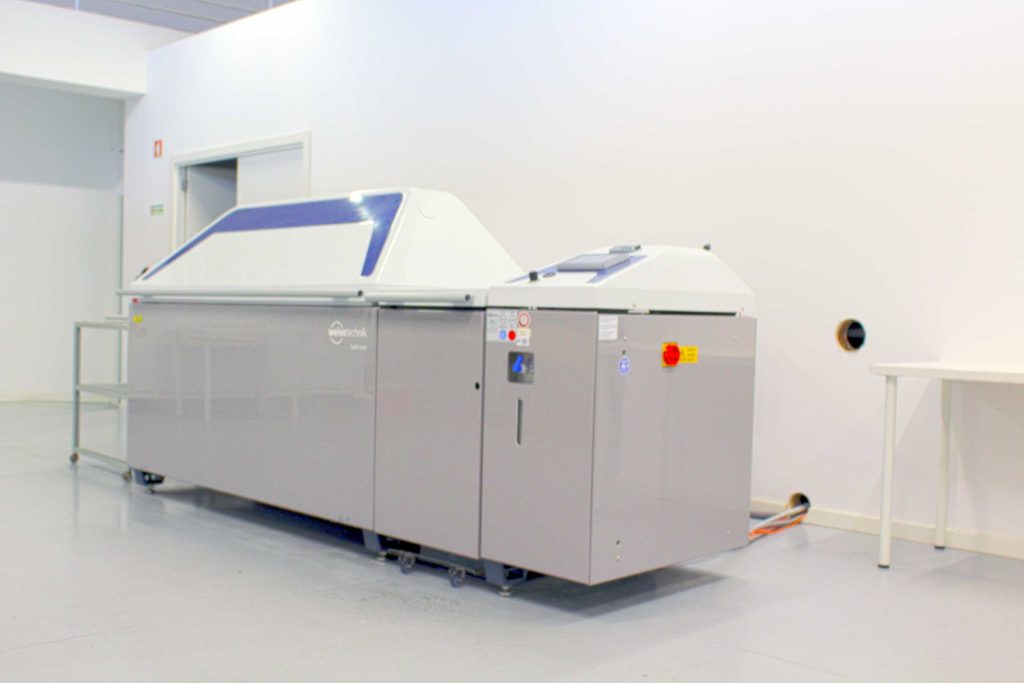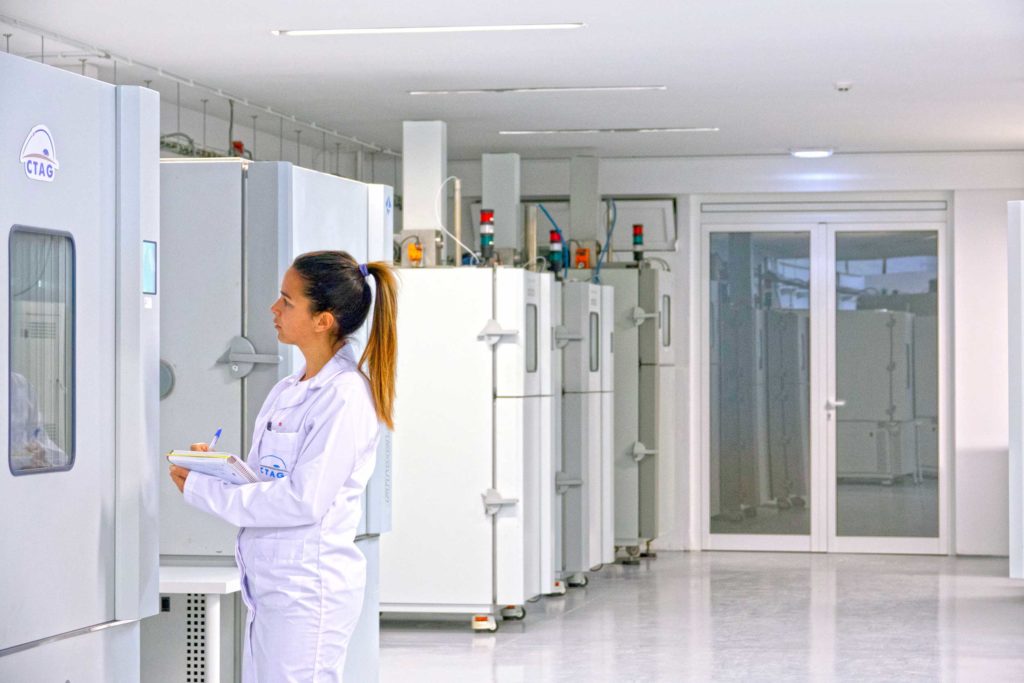ISQ&CTAG – testing laboratory for the automotive sector

ISQCTAG was created in 2020, as a result of a strategic partnership between ISQ and CTAG, uniting the north of Portugal with Galicia.
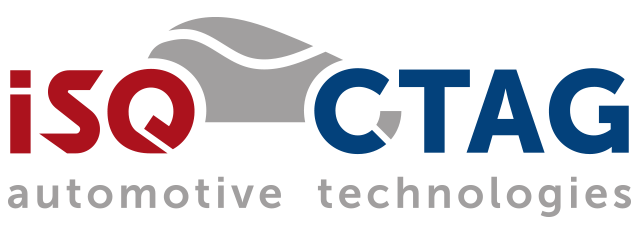
We aim to bring innovation and the latest technologies to the emerging sectors of the automotive industry.
WEATHERING TESTING LABORATORY FOR THE AUTOMOTIVE SECTOR
Accredited Laboratory in accordance with the ISO/IEC 17025 standard
We conduct validation and reliability tests on components and subsystems, in accordance with national and international standards and OEM specifications. This laboratory simulates extreme weather conditions such as temperature, humidity, temperature changes and solar radiation. We conduct salt spray corrosion, cyclic corrosion, condensation with constant humidity and mixed gas corrosion tests (4 gases: Cl2, NO2, SO2 and H2S). We have a specific department to conduct Protection Index (PI) tests.
MATERIALS LABORATORY FOR THE AUTOMOTIVE SECTOR
Accredited Laboratory in accordance with the ISO/IEC 17025 standard
We analyse the properties of materials and components subject to a range of actions, through destructive and non-destructive testing. Tests are performed with the aim of characterising different materials such as polymers, textiles, coatings, foam and adhesives, as well as electrical cables. We assess the wear in the appearance of the component that is subject to different aggressions such as abrasion, gravel, resistance to chemical products and scratches.
FIRE TESTING LABORATORY FOR THE AUTOMOTIVE SECTOR
Accredited Laboratory in accordance with ISO/IEC 17025 Standard
Tests in accordance with UN ECE Regulation R-118
We assess the fire behaviour of vehicle components and materials in accordance with UN ECE Regulation R-118, national and international standards and OEM specifications. We conduct the tests defined in UN ECE Regulation R-118 to assess fire behaviour (flammability, combustion index and melting behaviour) and the ability of materials used in category M3 vehicles, classes II and III to repel fuel and lubricant.
DEFECT ANALYSIS LABORATORY FOR THE AUTOMOTIVE SECTOR
This is a very significant multidisciplinary area of the laboratory. We develop targeted analysis methods that determine the causes of failures and identify ways to avoid errors in the future.
- Automotive component corrosion analysis
- Analysis of Mechanical Damage and Corrosive or Thermal Defects
- Display of circuit boards on a spectrometer
- Coating Thickness Measurement and Material Analysis – X-Ray Fluorescence Spectroscopy
- Automotive component performance monitoring equipment
- Integration of Electronic Components
- Dynamometer to measure the clipping force of automotive components
- Installation/Removal of plastics
